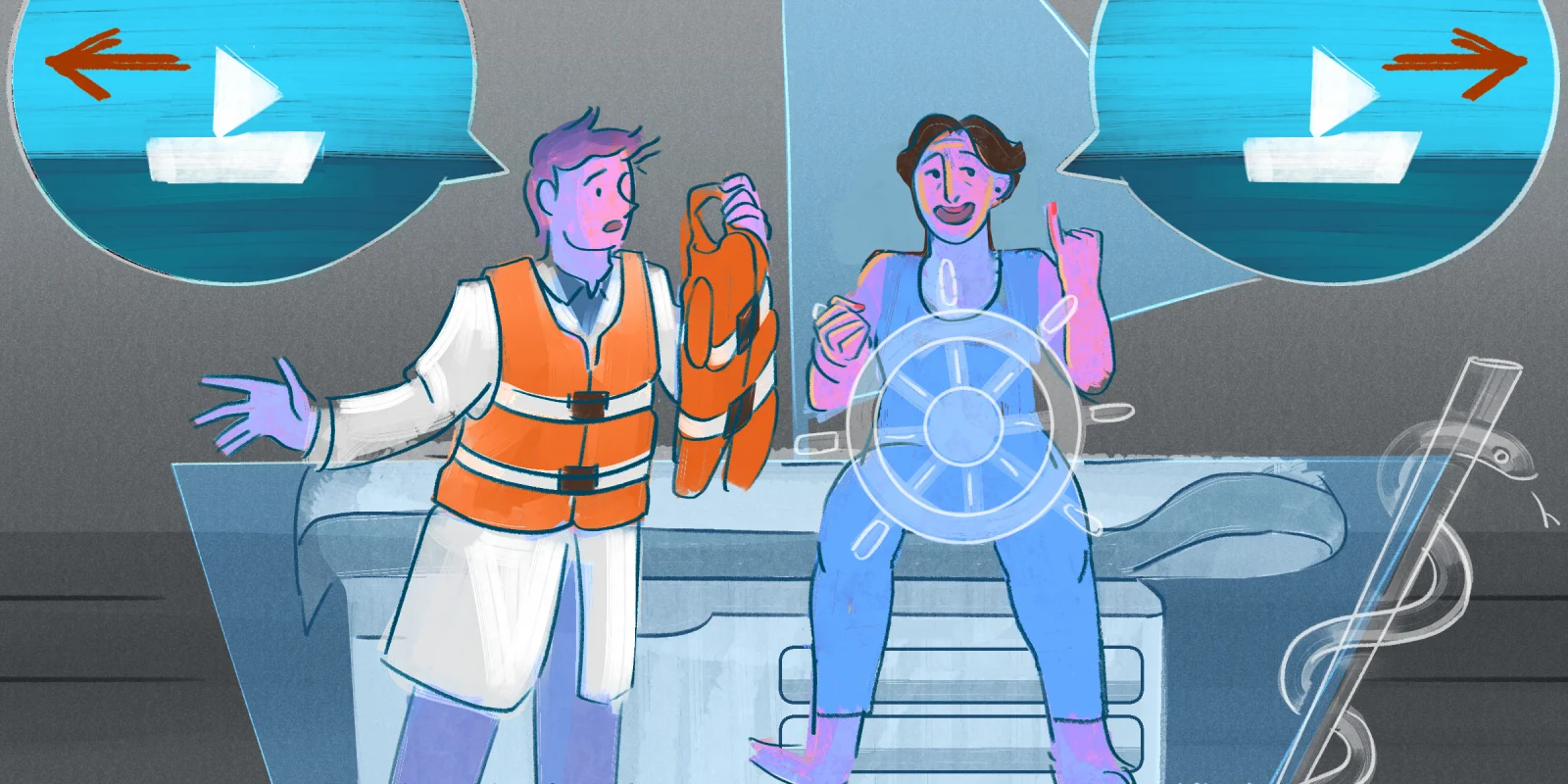“How about Xanax, and some Adderall for when I need to study?”
Evan was like most of my patients: he was coming in for medication management, having recently moved to the area. I soon learned he was a college student, and had been taking psychiatric medications for several years.
We had gone through Evan’s list of medications. Most were typical for his diagnoses of anxiety and ADHD: stimulants, benzodiazepines, anxiolytics, and SSRIs. One issue I saw was that my office didn’t allow the prescription of IR stimulants, nor did we prescribe benzos, except in rare circumstances. I predicted there would be “the discussion.”
Evan reported that none of those had worked for him in the past. “Some were better, but my main thing is the anxiety. And focus. Both of those.”
I explained my approach: to work on his anxiety symptoms, then tackle his ADHD symptoms. I had a high suspicion that his anxiety directly affected his focus, and further discussion revealed his poor sleep habits. Treating his anxiety, in my opinion, was the best way to spearhead Evan’s treatment.
Evan was skeptical. “I think I’ve tried that in the past. Maybe it will work, but I want to get this done quickly.” Then he suggested his own treatment plan — the Xanax and Adderall.
I have found that while not unique to psychiatry, our relationship with our patients is different than many other specialties. It’s accelerated. Within a short period of time, we discuss intimate details of their lives and reveal secrets, essentially exposing their jugular. Perhaps this enables a certain sense of camaraderie? While I try to be personable, ultimately, I am not their friend: I am a caregiver.
“I don’t think that is a good idea for you. You mentioned anxiety as a primary concern, and we need to tackle that first. Anxiety can overlap with your focus difficulties, and you may find that once that’s taken care of, your ADHD symptoms aren’t as much of an issue.” I tried to explain my thought process while Evan looked at me suspiciously.
“It will take time, nothing is a quick fix, and we may have to change our approach depending on how you respond,” I said. There was silence in the exam room. Evan was adjusting his pullover, disinterested in what apparently he’d heard before.
“I told you what works, and that’s what we should do. I don’t want to waste time, because school starts up soon.” Evan appeared irritated. I understood. Patients often desire a “quick fix,” a simple and effective solution to their complaints. Psychiatry often doesn’t work this way. There are incremental changes, potential side-effects or setbacks, and a back and forth with patients that occurs over time.
Was I indeed wasting time? There is already a bias to fight with psychiatry, our diagnoses aren’t based on X-rays or blood draws, and there are patients who respond to one treatment plan, and others who do favorably with a different one entirely. We have to rely on our “gut,” our educated guessing, and clinical experience.
Once a plan is formulated, it can be hard to get patients on board with it. Medications can take time, have side-effects, and are not a “quick fix.” The road to recovery isn’t necessarily a straight one, or a comfortable drive.
It’s always a struggle to formulate a good plan for a patient, due to all the variables. It’s harder still to get patients on your team, when many treatment options in psychiatry are not a sure thing. Some people are mis- or underdiagnosed, some may not respond favorably to medications, and others may be inconsistent with the plan. The need for time and patience are a given, and even under the best circumstances there may be a bit of trial and error.
“I’m interested in helping you as quickly and safely as we can, but the meds you mentioned are not a good plan, in my opinion, and I’d like you to give this a chance,” I persisted. “We can regroup if we need to, but giving medications time to work is essential. Remember, you switched out those meds in the past because they weren’t working without issues.” I was hoping that we were building a relationship, that Evan would understand that I heard him, but also wanted to guide the treatment plan.
Evan’s posture relaxed. He met my gaze cautiously. “It’s never been explained like that to me. I thought that if they didn’t work right away, then they wouldn’t really work at all. You’re telling me otherwise, right?” Tension dissipated in the exam room as I confirmed I would be here with him throughout the process.
Gaining the trust of our patients is a concern in every discipline. Without trust and transparency, we won’t be effective guides for our patients. Also, they need to trust we have their best interests and concerns in mind when we design a treatment plan. Otherwise, we fall short of all our goals.
Evan accepted my plan. “OK. I think I see what you’re getting at. Fine. I will give it a bit of time, with your guidance, and ask for changes if I don’t get better. Thanks for explaining things.”
For some patients, ignorance is bliss. They simply want us to make the decisions, assuming all responsibility for the outcome. However, I find that most patients appreciate learning about why they take what they do, why timing is important, and why they take as little, or as much as they do. Other times, our job is to reconcile the plan patients have in their head with the course that we feel will maximize their progress, and compromise between them when needed. Once I found myself making more of an effort on patient education, I discovered better patient compliance, satisfaction, and outcomes.
Several weeks later, Evan arrived early for his appointment. I had been anxious to see him but also worried that he hadn’t improved. He met my eyes happily.
“Anxiety was my problem. I started sleeping better, working on my schedule, and I kept to the medication plan. You told me to be a scientist, to be consistent, and that would be the only way we’d know if the plan would work. Thanks for that. You trusted me to do that, and I trusted you.”
There are many times I doubt myself. I try hard to keep up with the latest research, discuss cases with colleagues, and to come up with quality treatment plans. Most of the time this process works out, and my patients improve. Sometimes it doesn’t. We start over, building trust and commitment to the process. We are a team.
How do you convince your patients you are the captain of your team? Share in the comments.
Chris van Eyck, DMSc, PA-C, MSHS is a psychiatric physician associate working in psychiatry in Northern Virginia. He is a 2023–2024 Doximity Op-Med Fellow.
All names and identifying information have been modified to protect patient privacy.
Illustration by April Brust







